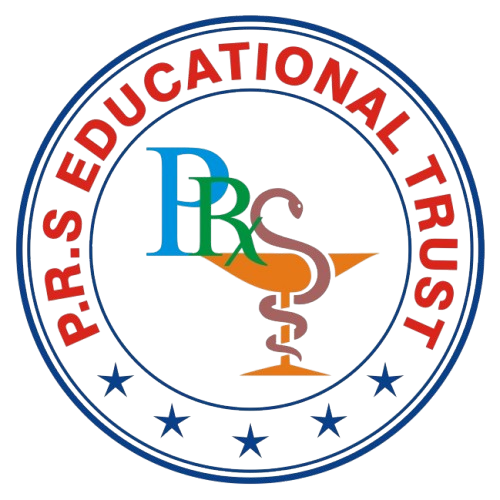Pharmacovigilance
Pharmacovigilance (PV) is the pharmacological science relating to the detection, assessment, understanding and prevention of adverse effects, particularly long term and short term side effects of medicines. It is also known as the monitoring and assessing of responses to pharmaceuticals to detect and prevent adverse effects. Entry level job in Pharmacovigilance is DSA (Drug Safety Associate). DSAs are mainly involved in case creation, checking for MSI (Minimum safety information – a patient, a reporter, a suspect drug and a adverse event), reconciliation and follow-up process, data entry of all information available in the document and medical coding. ISAPS course in Pharmacovigilance aim to educate professionals on monitoring, evaluating, and ensuring drug safety, focusing on adverse event reporting, risk management, and regulatory compliance within the pharmaceutical industry.
Other Benefits:
- 2 workshops
- 15 days training
- Per month online interaction with industry specialists to resolve queries.
Pharmacovigilance is a crucial aspect of drug safety that involves the monitoring, assessment, detection, and prevention of adverse effects or any other drug-related problems. Some key features:
Collecting and assessing reports of adverse events or side effects associated with medications from various sources, including healthcare professionals, patients, and clinical trials.
Monitoring and evaluating safety data throughout all phases of clinical trials to identify and address potential risks or adverse reactions related to investigational drugs.
Employing methodologies and tools to identify potential signals or patterns in data that may indicate previously unrecognized risks associated with specific drugs or classes of drugs.
Assessing the seriousness and potential impact of reported adverse events on patient safety, and conducting thorough evaluations to determine causality and risk factors.
Ensuring compliance with regulatory requirements for pharmacovigilance, including timely reporting of adverse events to regulatory authorities in accordance with specific guidelines.
Continuously monitoring the safety profile of approved drugs once they are on the market to identify and address any emerging safety concerns or new adverse effects.
Establishing and maintaining robust pharmacovigilance systems and databases to collect, manage, and analyze safety information efficiently.
Providing education and training to healthcare professionals, researchers, and the public about pharmacovigilance principles, reporting mechanisms, and the importance of drug safety.
Implementing measures to continuously improve pharmacovigilance processes, such as enhancing reporting systems, adopting new technologies, and refining risk assessment methodologies.
Pharmacovigilance plays a crucial role in ensuring the ongoing safety of medications and protecting public health by identifying and managing risks associated with the use of pharmaceutical products.
CONTACT
- Corporate Office Address: BS-1202 & 1206, 12th Floor, Galaxy Diamond Plaza, Sector-4, Greater Noida (West), Gautam Buddh Nagar, U.P-201308
© 2025 All Right Reserved Prs Educational Trust



